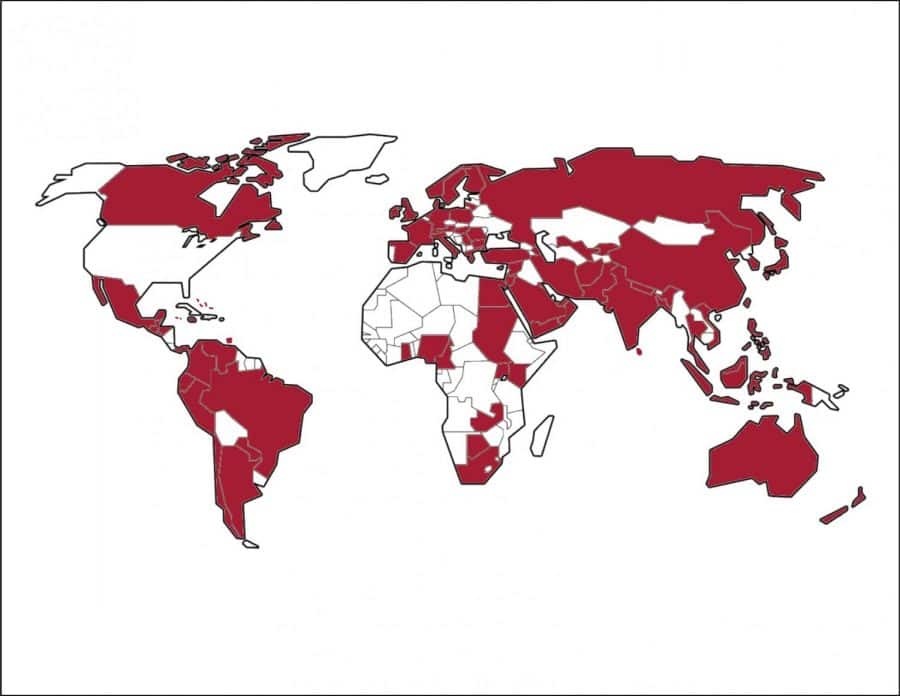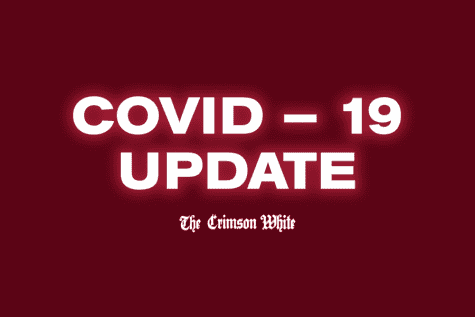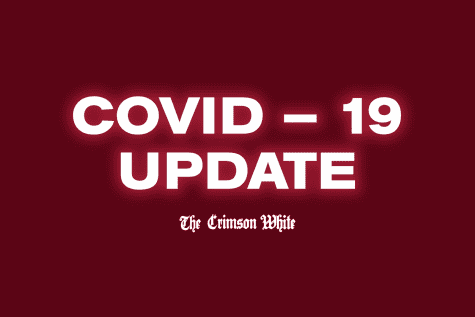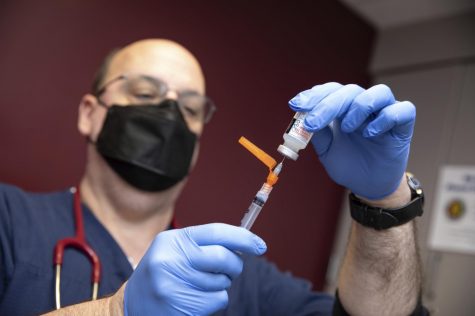‘We’ve built a life here’: As international students grapple with uncertainty, UA remains silent
Students from 79 countries are enrolled in courses and live near campus at the University of Alabama. A new federal policy could change that.
July 11, 2020
During a period of uncertainty, international students at UA navigate new policies that require them to return home if classes are moved online.
Wamia Samad, a graduate student from Bangladesh and president of the International Student Association (ISA), has found her time at the University valuable — but not without its limitations.
Like other international students, Samad has always felt one step behind American students who have an easier time receiving financial aid and internships without the added complications from their immigrant status. COVID-19 has amplified the challenges of the international student experience while new federal policies have made their futures even more uncertain.
Samad said she was unsurprised to hear about a new obstacle hovering over international students across the country.
Monday’s announcement by the Student and Exchange Visitor Program (SEVP) bars international students from entering the U.S. to attend schools adopting full online instruction for the fall semester. The University of Alabama’s hybrid model protects students, at least temporarily, from the threats posed by the policy. The decision to move online after students return to Tuscaloosa could leave them with no option but to return home without notice.
The ISA released a video on Thursday asking the University to affirm its commitment to their protection in the midst of uncertainty. Samad witnessed other universities proactively voice a willingness to accommodate international students and ensure their safety. Samad wanted the University of Alabama to do the same as its students consider the possibility of losing their legal status, facing immigration enforcement and leaving behind the lives they have built in this country.
The University’s responsibility is heightened, she said, by its status as a leader in higher education across the state. Samad said she hopes the University will set a standard since “every other school usually follows suit.”
The video, edited by ISA secretary Fatema Dhondia, raised concerns about the impossibility of students completing coursework from home. International students are able to study in the United States with an F-1 visa, a temporary visa issued to those attending an academic institution. Dhondia is not attending the University of Alabama with this visa since her family moved to the U.S. in 2015, but she fears the challenges her peers on F-1 visas might face if they are forced to leave the country. Time differences and Internet access are factors she believes will impact student performance.
Along with technical challenges, students traveling home could also face heightened health risks. Samad would have to endure a 26-hour flight and return to a heavily populated area to stay with her parents who are both “heavily immunocompromised.”
Samad has considered the implications of this possibility since Monday’s announcement.
“And a lot of us, even though we are on F-1 visas, we’ve kind of built a life here,” Samad said. “I’ve only been back home once in the last three years. I have a car here that I’m still making payments on. I have a dog here. I paid my deposit for a new apartment here, you know.”
The support from International Student & Scholar Services (ISSS) on campus has provided assistance and reassurance throughout the unrest that followed the announcement, according to Samad and Dhondia.
Charter Morris, director of ISSS on campus, voiced support of the international community and provided details on new enrollment guidelines in an email to international students on Wednesday.
The University’s current hybrid model provides protection for its international student population, but only if they enroll in at least one face-to-face or hybrid course. All F-1 and J-1 international students must enroll full-time and complete their studies in the U.S. to maintain their status. Participation in online courses is allowed given that it is not the sole method of instruction.
Students with health conditions that require a reduced course load are eligible for Reduced Course Load authorization, while those who decide to complete their coursework through full online instruction must apply for early withdrawal and complete their studies from outside of the U.S.
The University must certify each student’s participation in a hybrid model of instruction through Form I-20, which the ISSS plans to issue by August 4.
The current travel ban prevents entry into the U.S. for those who have travelled through any of the 31 countries listed in the President’s proclamation. Exemptions apply to permanent residents and their immediate family members, but not students.
Since the Department of State’s suspension of routine visa services over three months ago, a number of embassies and consulates have issued emergency visas for students. The ISSS encouraged students to utilize these services if available.
The ISSS also urged students to arrive in the U.S. by August 5, two weeks prior to the first day of classes. Once they arrive, they have been instructed to contact the UA COVID Support Program at 205-348-2819 and self-isolate for the recommended 14-day period.
The Association of Public Land Grant Universities, in which the University holds membership, called the new policies “incredibly unfair, harmful, and unworkable” in a statement released on July 6.
“Rather than extending appropriate flexibility,” APLU president Peter McPherson said “the federal government is imposing rigid, impractical rules about how instruction can be delivered to international students. Blocking and possibly expelling international students in the middle of their studies serves no one’s interests.”
The University’s return plan states the potential for a transition to full online instruction for the final weeks of the semester following Thanksgiving break. If the hybrid model is abandoned, the University is obligated to update the Student and Exchange Visitor Information System within 10 days of the change. This window of online instruction after the break could put international students in violation of the policy and force them to depart the country with only a few days notice.
“If conditions arise that would force a change to instructional plans, UA will plan to address international student enrollment in a way that will meet the legal requirements to maintain valid immigration status,” said Morris, in absence of any official statement from the University.
The ISA asks that anyone looking to assist international students make calls and send emails to UA, local and state government officials, as well as sign petitions to raise awareness. Additionally, if you have contact information or are an immigration lawyer looking to get involved, the ISA asks that you contact them here.









